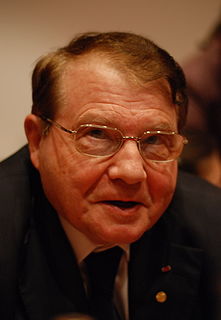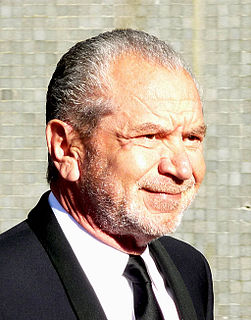A Quote by Kiran Mazumdar-Shaw
It was a chance encounter with a biotech entrepreneur from Ireland that got me started as an entrepreneur in India, because I partnered this Irish company in setting up India's first biotech company.
Related Quotes
I started off with a company, InfoSpace, with my own funding. The company was listed among the most successful companies and I went on to start Intelius and Moon Express. Now, I focus my time on using the skills of an entrepreneur to solve many of the grand challenges facing us in the areas of education, healthcare, clean water and energy.
It's an amazing time to be an entrepreneur because not only is the stuff getting more capable and powerful, but it's becoming more reliable and the costs are coming down dramatically. So you can go out as an entrepreneur and start a company on a credit card and go to AWS and a few other services and be pretty virtual and, who knows, you may be the next Steve Jobs.

































